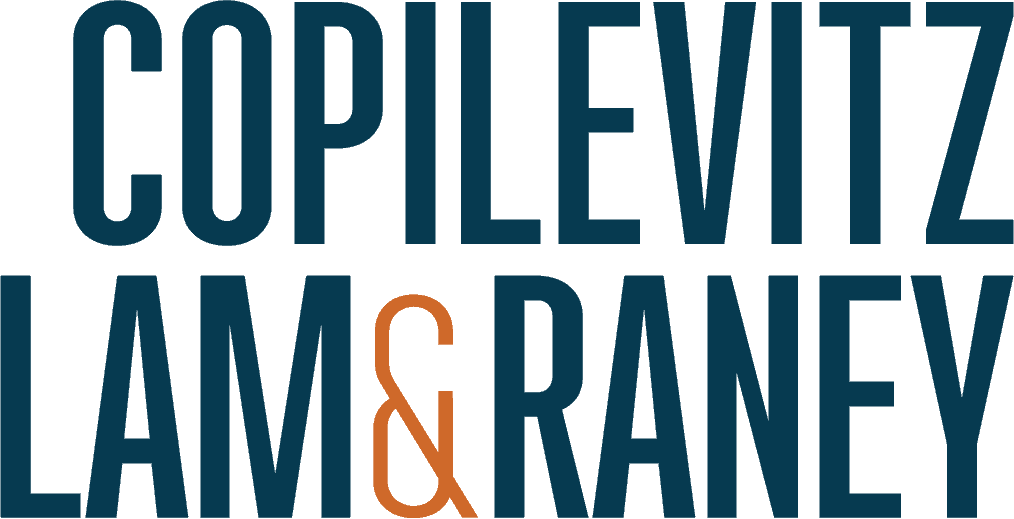Financial institutions will now be able to contact their customers by telephone when accounts may have been compromised or notify account holders of potential fraud without fear of liability and potentially damaging class action lawsuits under the Telephone Consumer Protection Act (“TCPA”).
In its Declaratory Ruling and Order[1] of July 10, 2015, the Federal Communications Commission (“FCC”) provided for several new exemptions from the TCPA, which prohibits calls or texts to cell phones without the prior express consent of the called party.
Specifically, the FCC granted the American Bankers Association its request to permit calls and texts from banks and other financial institutions intending to prevent fraudulent transactions, identify theft, or data breaches. Id. at ¶¶ 127-132. The FCC rationalized that the calls and texts are intended to address exigent circumstances in which a timely communication with a consumer could prevent considerable consumer harm from occurring or quickly mitigate the extent of harm that will occur. Id. at ¶ 132.
The FCC also exempted the confirmations of money transfers from financial institutions and found them to be especially time-sensitive in emergency situations where consumers may need immediate notification that they have received money from another party. Id. at ¶ 133.
While the FCC no longer requires prior express consent for these exempted calls or texts, they are subject to additional conditions, including that the calls and texts:
1. May only be made to the cell phone number provided by the customer;
2. Must include the name and contact information of the financial institution;
3. Are strictly limited to the purposes discussed above and do not include any form of marketing, solicitation, debt collection or advertising;
4. Must generally be less than one minute in length (voice calls) or less than 160 characters (text messages);
5. Cannot be made more than three times per event over a three-day period;
6. Must offer an easy way to opt-out of future messages; and
7. A financial institution must honor opt-out requests immediately.
Id. at ¶ 138.
All other non-exigent calls or text messages from financial institutions are still allowed only with prior express consent. If you plan on initiating calls that may fall under this exemption, please contact me for further information.[1]See In the Matter of Rules and Regulations Implementing the Telephone Consumer Protection Act of 1991 et al., CG Docket No. 02-278, July 10, 2015, available at: https://www.fcc.gov/document/tcpa-omnibus-declaratory-ruling-and-order.
